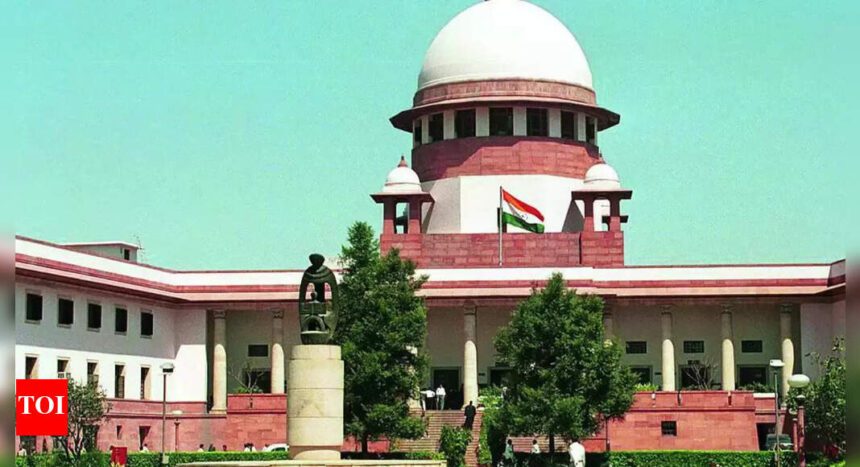Supreme Court Upholds Some Provisions of Waqf (Amendment) Act, 2025
NEW DELHI: The Supreme Court issued an interim order on Monday regarding the Waqf (Amendment) Act, 2025. The court did not stay the Act’s provisions, finding them, on a prima facie basis, to be legal. However, it paused the implementation of the ‘five-year practice of Islam’ for dedicating a property to waqf until the Centre establishes rules for it.
Additionally, the court stayed a section of the amended law that allowed for the immediate derecognition of a property as waqf upon the start of an inquiry by an officer above the rank of collector. The court deemed this provision arbitrary and inconsistent with the principle of separation of powers. It noted that a determination made by an officer could be contested before a waqf tribunal and jurisdictional High Courts.
The Supreme Court, comprised of Chief Justice B. R. Gavai and Justice A. G. Masih, stated that the government holds property in trust for its citizens, thereby denying any claim to ownership from individuals who possess government land wrongfully. The bench indicated that once an inquiry begins to ascertain if government property had been improperly declared as waqf, the mutawalli of the waqf board could not create third-party interests in the property until a judicial resolution is reached.
The court dismissed objections concerning provisions in the Waqf Act that limit waqf status to Muslims, arguing that the nature of waqf is specific to Islam and that non-Muslims can create trusts under other provisions of the Waqf Act. It mandated that the Central Waqf Council and state waqf boards should include no more than four and three non-Muslims, respectively, in order to maintain their religious character. The court also advised states to avoid appointing a non-Muslim as chief executive officer of the waqf boards, if possible.
Furthermore, the Supreme Court chose not to stay several other provisions, including those permitting challenges to the Act in court, a joint parliamentary committee, and Parliament itself, as well as provisions regarding the applicability of the Limitations Act to waqf properties and restrictions on tribal lands and Archaeological Survey of India (ASI) properties from being declared waqf.
On the debated provision concerning the abolishment of the ‘waqf by user’ clause, the court pointed out that a mandatory registration requirement for waqf properties has existed since 1923. It argued that if mutawallis had failed to register waqf properties for over a century, they could not assert a continuing right to those properties without registration.
The court concluded that if the legislature, recognizing past misuse of waqf properties, requires applications for waqf to be accompanied by the corresponding waqf deed, such a requirement cannot be deemed arbitrary. The Supreme Court indicated that the prospective abolishment of the ‘waqf by user’ clause appeared justified, noting instances such as those in Andhra Pradesh, where thousands of acres of government land were wrongfully classified as waqf.










